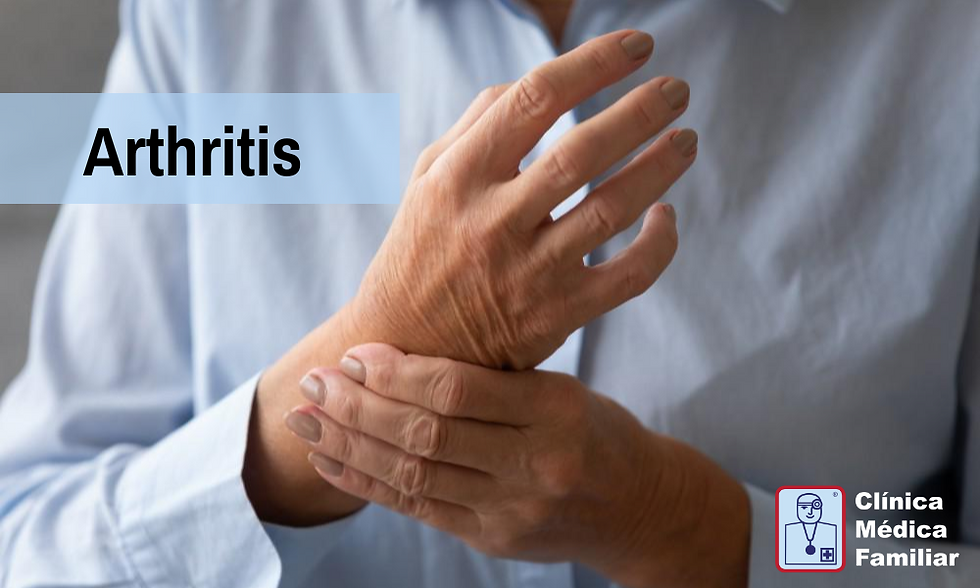Diabetes Explained: Causes, Diagnosis, and Treatment
- Nora Manzo
- Dec 22, 2021
- 2 min read
Updated: Mar 24, 2022

Diabetes is a serious complex condition which can affect the entire body.
Diabetes requires daily self-care and if complications develop, diabetes can have a significant impact on quality of life and can reduce life expectancy.
Now with both types of diabetes, the cells don't have enough sugar to function properly and you end up with excess sugar outside of the cells or in your bloodstream. This causes high blood sugar, which is diabetes. This elevated blood sugar is toxic to your organs, which can cause symptoms and complications of diabetes.
Types of Diabetes:
Type 1: Known as an auto-immune condition in which the immune system is activated to destroy the cells in the pancreas which produce insulin. We do not know what causes this auto-immune reaction. Type 1 diabetes is not linked to modifiable lifestyle factors. There is no cure and it cannot be prevented.
Type 2: Type 2 diabetes is a progressive condition in which the body becomes resistant to the normal effects of insulin and/or gradually loses the capacity to produce enough insulin in the pancreas. We do not know what causes type 2 diabetes. Type 2 diabetes is associated with modifiable lifestyle risk factors. Type 2 diabetes also has strong genetic and family-related risk factors.
Gestational diabetes: This type occurs in women during pregnancy when the body can become less sensitive to insulin. Gestational diabetes does not occur in all women and usually resolves after giving birth.
Risk Factors:
being overweight
a family history of diabetes
a history of high blood pressure
a history of polycystic ovary syndrome (PCOS)
being more than 45 years of age
Increased thirst
Frequent urination
Extreme hunger
Unexplained weight loss
Fatigue
Irritability
Blurred vision
Frequent infections, such as gums or skin infections and vaginal infections
Treatment:
Treatment involves both a healthy diet and exercise as well as oral medications to regulate blood sugar. In all type 1 diabetics and in severe uncontrolled type 2 diabetics one or more injections of insulin a day may be needed.
Type 2 diabetes can sometimes be reversed with lifestyle changes, especially losing weight with exercise and by eating healthier foods. There is no cure for type 1 diabetes
Treating either type 1 diabetes or type 2 diabetes involves nutrition, activity, and medicines to control blood sugar levels.
Getting better control over your blood sugar, cholesterol, and blood pressure levels helps reduce the risk for kidney disease, eye disease, nervous system disease, heart attack, and stroke.
To prevent diabetes complications, visit your provider at least 2 to 4 times a year. Talk about any problems you are having. Follow your provider's instructions on managing your diabetes
Clinica Medica Familiar is a family medicine practice that is offering Covid vaccines in our three locations: Magnolia, Mead Valley, and Montclair. Please call us at 855-505-7467 to schedule you today or visit our website https://www.clinicamedicafamiliardrrios.com/booking-calendar
In order to help stop the spread of the flu, Clinica Medica Familiar is NOW offering Telemedicine(Telehealth/video call)and Flu Shots. Please call us at 855-505-7467 to learn more about these amazing services and bilingual providers, we are now providing services throughout Corona, Montclair, Riverside, Perris, Moreno Valley, Lake Elsinore, Temecula, and Indio.







Comments